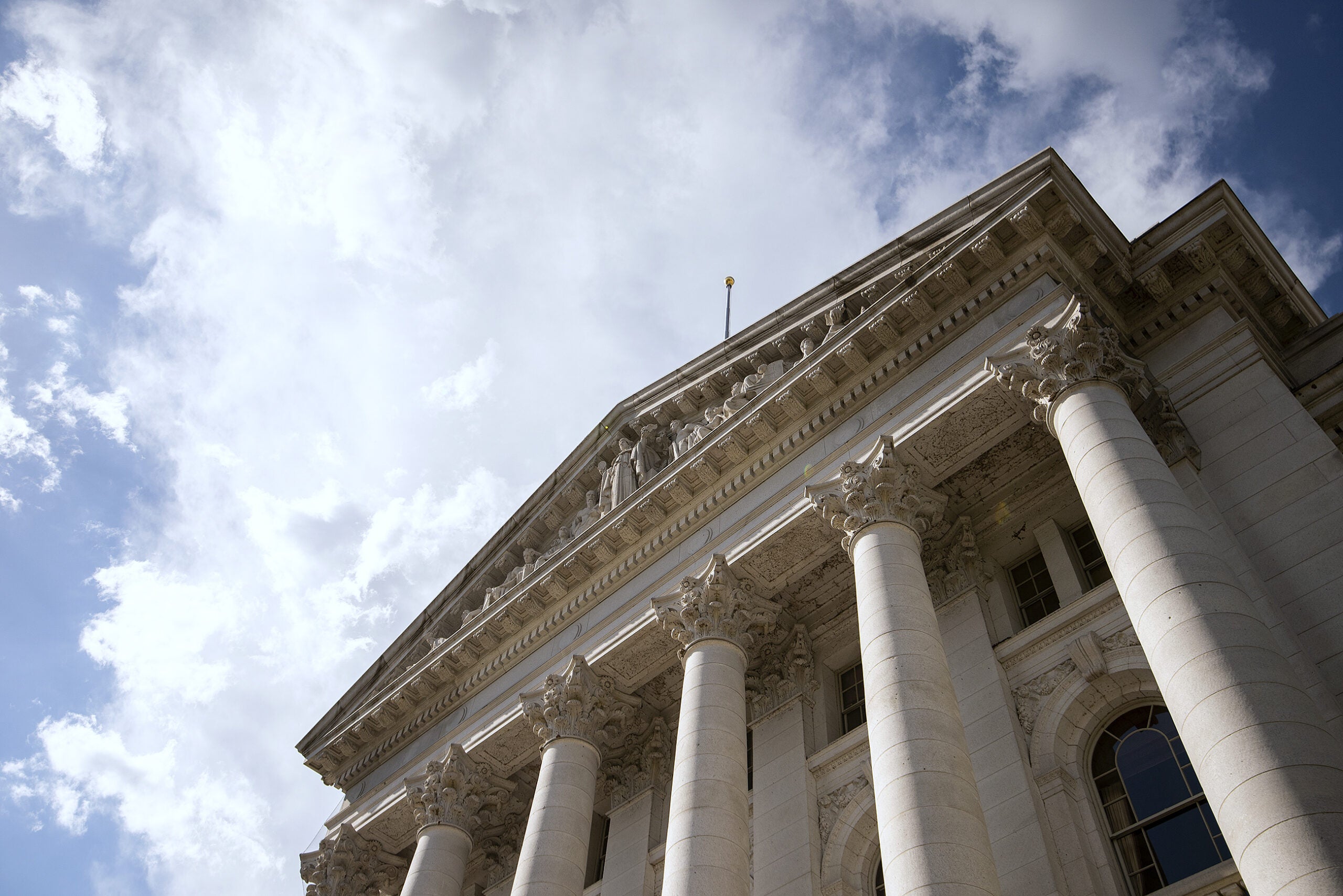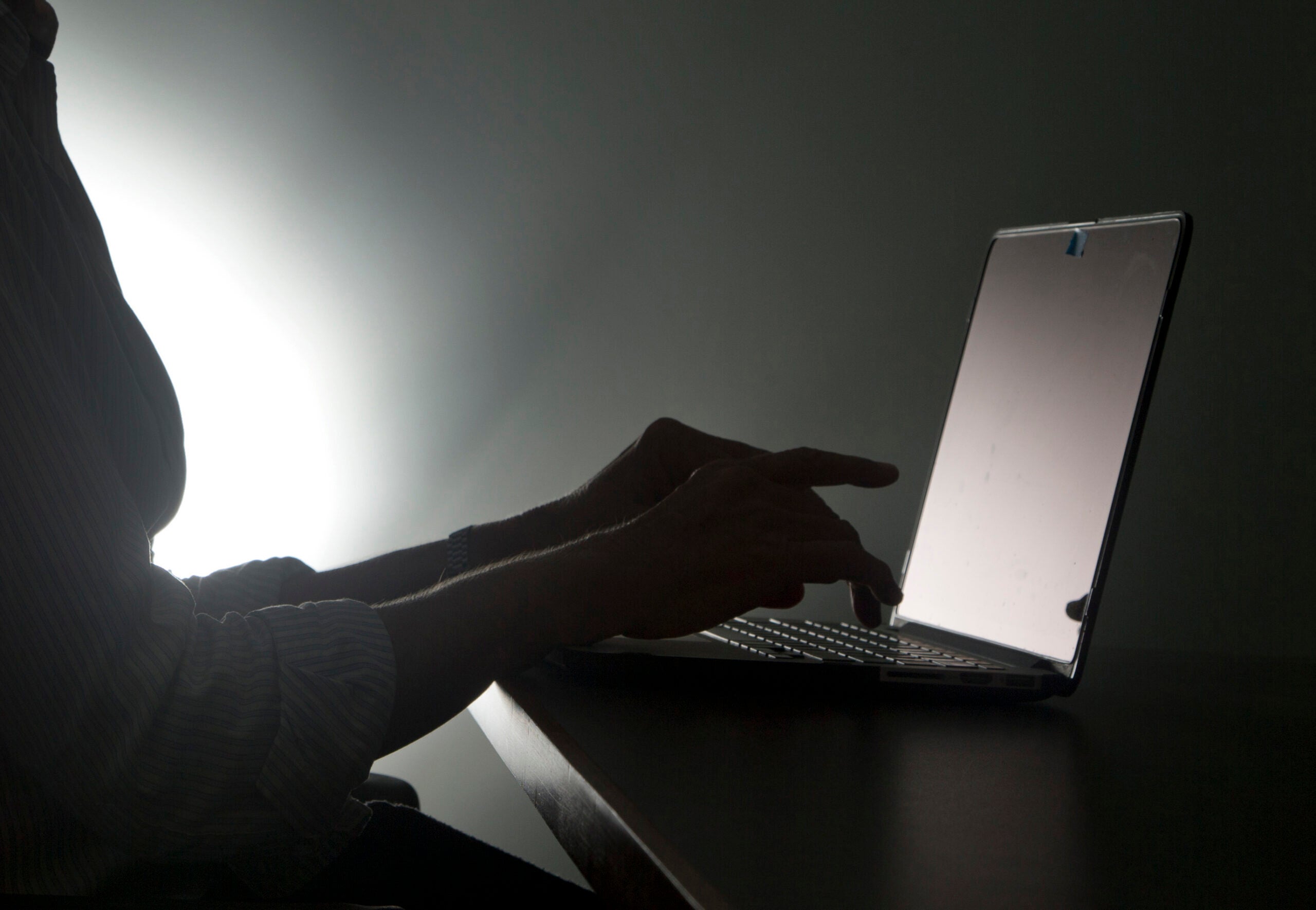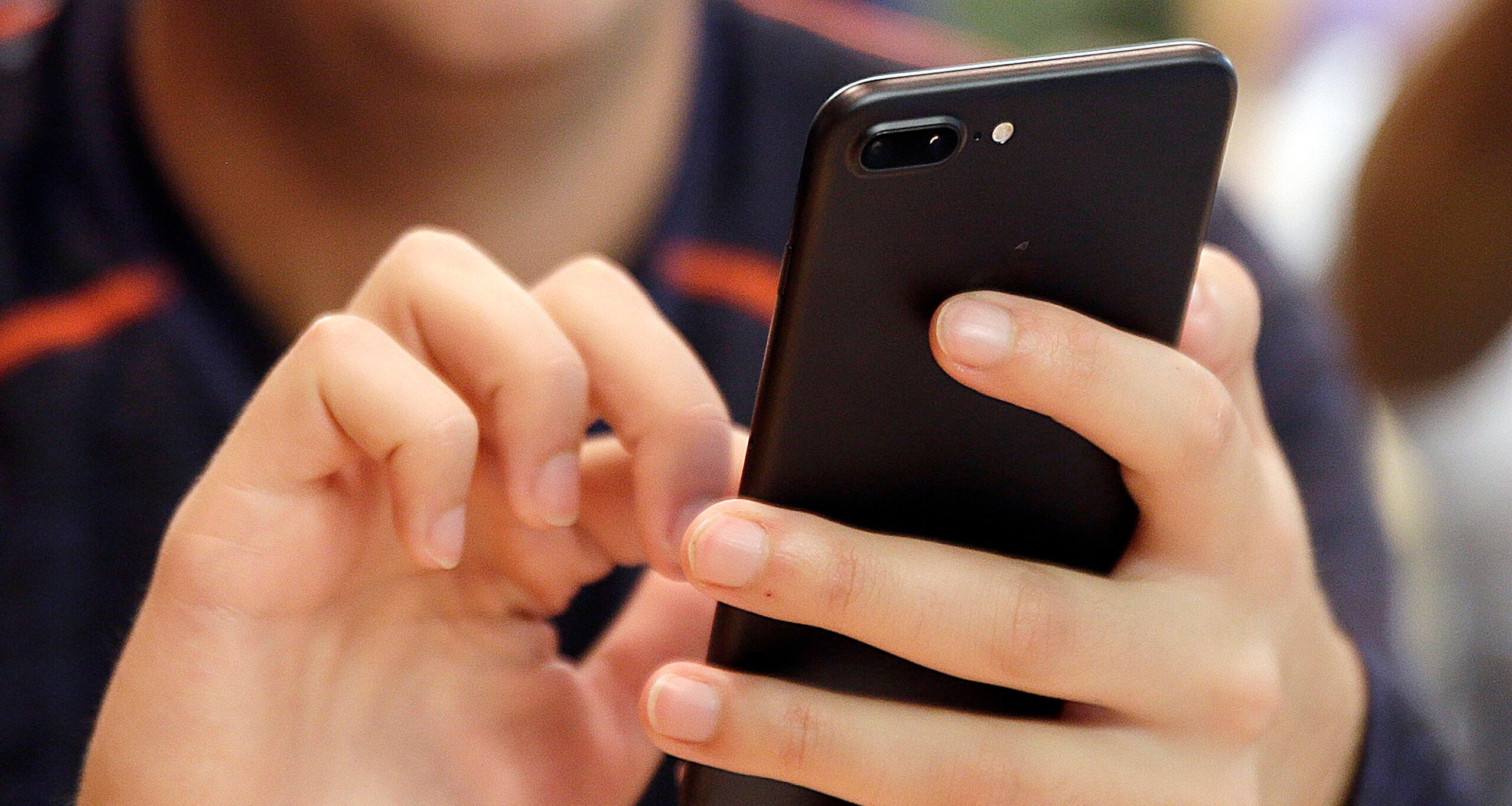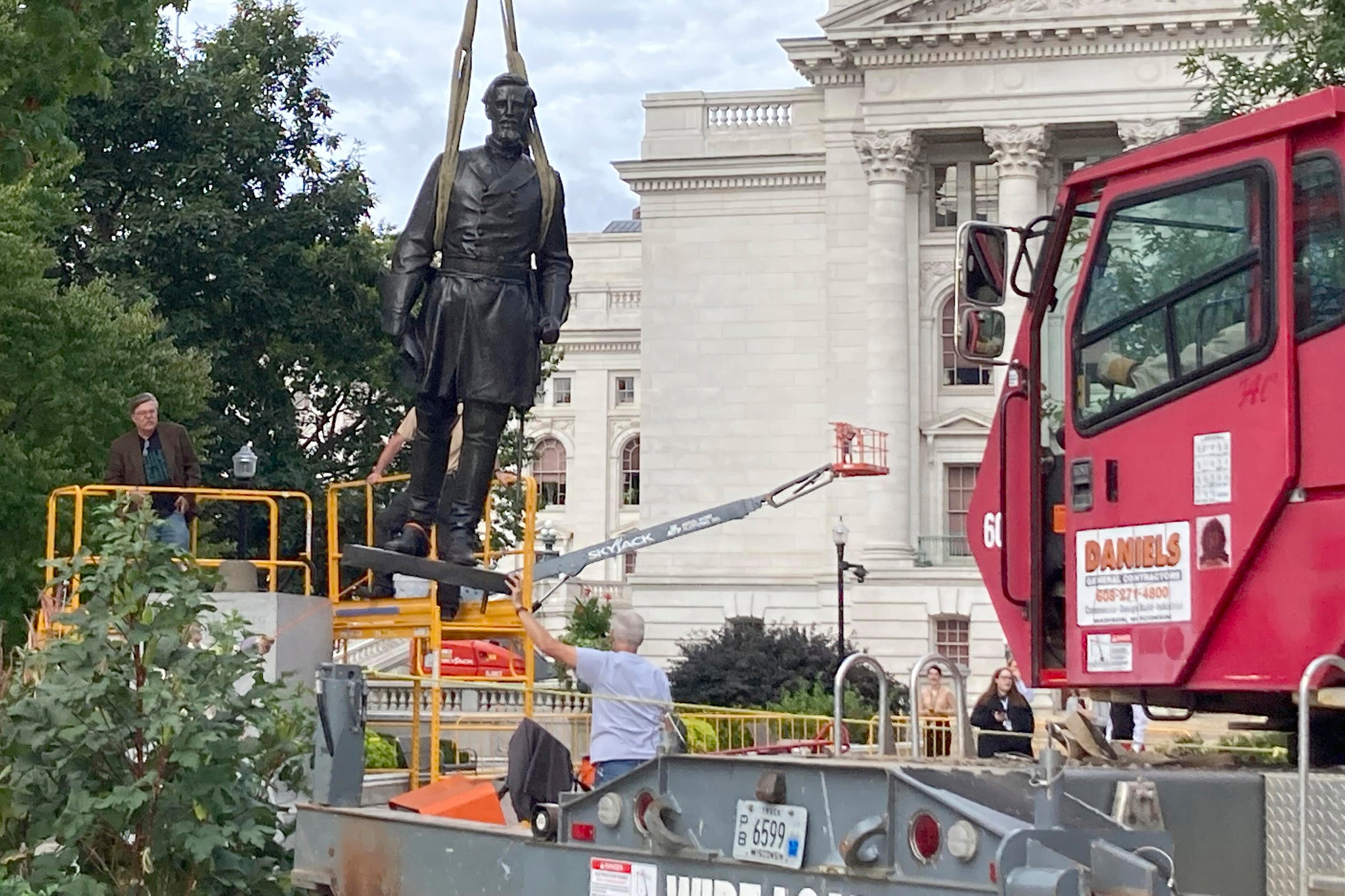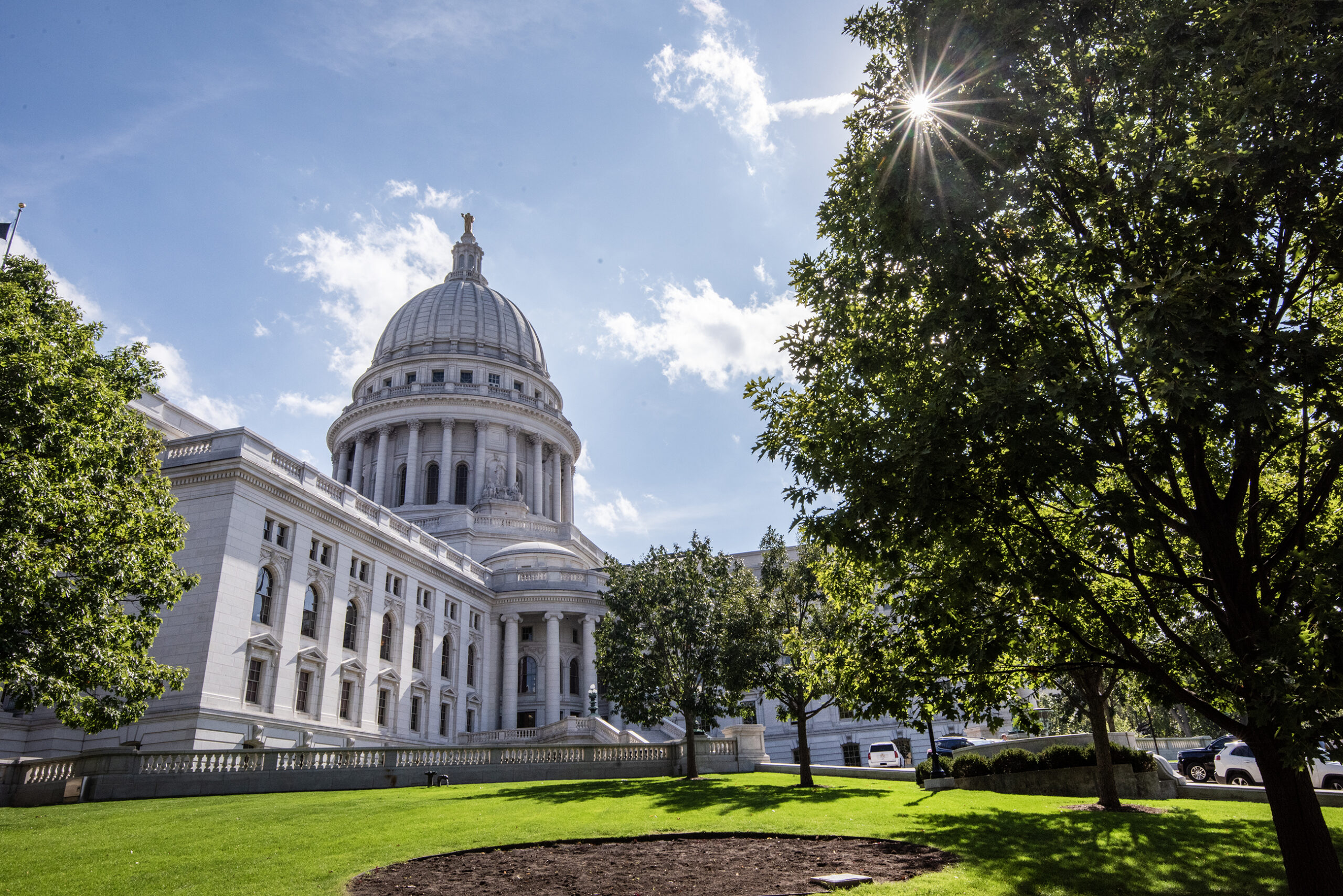A new bipartisan bill in the state Legislature would make it illegal to artificially generate sexually explicit images without the subject’s consent. The proposed law would make it a felony if the person who creates or shares so-called “deep fake” images does so with the intent to coerce, harass or intimidate the person depicted.
State law already bans creating or publishing non-consensual nude images. This would expand the law to include images where a person’s face or body have been digitally altered.
“It’s easier than ever before to take kind of innocuous public domain images and to turn them into something that is intended to mislead, to hurt, to coerce,” said Sen. André Jacque, R-De Pere, who is sponsoring the bill.
News with a little more humanity
WPR’s “Wisconsin Today” newsletter keeps you connected to the state you love without feeling overwhelmed. No paywall. No agenda. No corporate filter.
Reps. Chuck Wichgers, R-Muskego; Jimmy Anderson, D-Fitchburg; and Marisabel Cabrera, D-Milwaukee, are also sponsoring the legislation.
“People think that they have a certain level of security in sharing pictures of themselves, their family,” Jacque said. “The extent to which those images then can be abused, misused by perpetrators to cause them harm is something that we’re trying to guard against here.”
A study from the cybersecurity company Deeptrace found 96 percent of deep fake material online is non-consensual pornography, almost exclusively targeting women. Jacque said the legislation is designed to make the law catch up with technology.
Alan Rozenshtein is a law professor at the University of Minnesota. He said it’s important lawmakers made explicit that a perpetrator of deep fakes intended to harm the subject in order for the perpetrator to be convicted.
“People have used other people’s images and faces and likenesses in art or literature for a very long time,” he said, and a blanket ban on sexually explicit deep fakes would probably be unconstitutional.
“I think that’s meant to exclude the behavior of an individual who wants to create a deep fake of someone else for their own personal enjoyment. And I’m not saying that that’s necessarily morally such a great thing to do, but it probably does fall within the First Amendment’s protections,” Rozenshtein said.
If a deep fake image is used for the purposes of extortion or blackmail, it would make for a straightforward case to prosecute, he said.
“I think it’s really good that legislatures are taking this seriously because these things cause immense harm to victims. And I think it’s also really good that they’re recognizing the First Amendment issues of poorly or sloppily or broadly written laws and are being really proactive and trying to head those off,” he said. “So I think this is an impressive example of how legislatures can deal with tough policy issues in a constitutionally sensible way.”
A similar bill introduced last year did not receive a committee hearing.
Wisconsin Public Radio, © Copyright 2026, Board of Regents of the University of Wisconsin System and Wisconsin Educational Communications Board.
